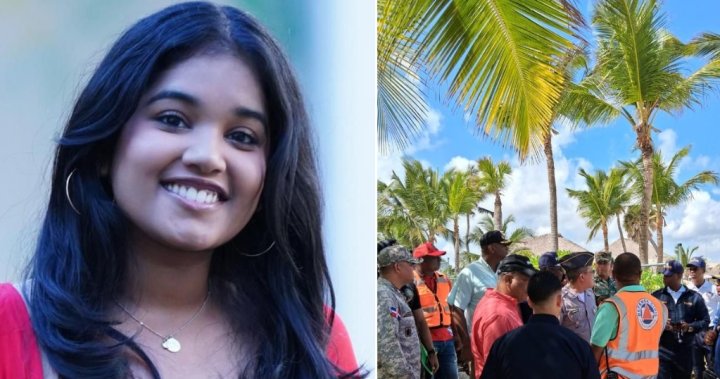Both Merz -- who will be the next chancellor after his party won the elections but did not secure a majority -- and Lars Klingbeil of the SPD said they had successfully finished exploratory talks held in the wake of February 23 elections, and would now move to formal talks to build a coalition government.
In Germany, where coalitions are the norm, governments are typically formed in two phases, with parties first holding exploratory talks and then entering into formal coalition talks.
The two parties were racing for a deal before next week when they hope to push a loosening of Germany’s borrowing limits through parliament to revive growth in Europe’s largest economy and boost military spending.
Read moreGermany's Merz proposes massive increase in defence, infrastructure spending
Merz wants to form a coalition by Easter and has warned it was “five minutes to midnight” for Europe to fend for itself against a hostile Russia, with the US under President Donald Trump no longer seen as a reliable ally.
Merz’s conservative CDU/CSU bloc and the SPD have haggled over issues such as migration and welfare payments, coming together after a bruising election campaign.
The two parties have also discussed the issue of equipping Ukraine with longer range Taurus missiles, which outgoing SPD Chancellor Olaf Scholz opposed but Merz supports under certain conditions.
Merz said both sides shared “the conviction that we have a great task ahead of us.”
He said all were “aware of the great challenge we are facing—above all the international situation, but also... facing the whole of Europe”.
Merz said both sides had agreed on tough new steps to limit irregular immigration, including refusing all undocumented migrants at the borders, even those seeking asylum.
The move was a key demand of Merz, who has stressed the need to win voters back from the far-right Alternative for Germany (AfD), which scored a record of over 20 percent in the election.
Klingbeil called the deal “an important first step” and said both sides agreed on the need to “get our country back on track”.
He said his party had won assurances on key demands, such as a €15-per-hour minimum wage and stable pensions.
(FRANCE 24 with Reuters and AFP)











 English (US) ·
English (US) ·